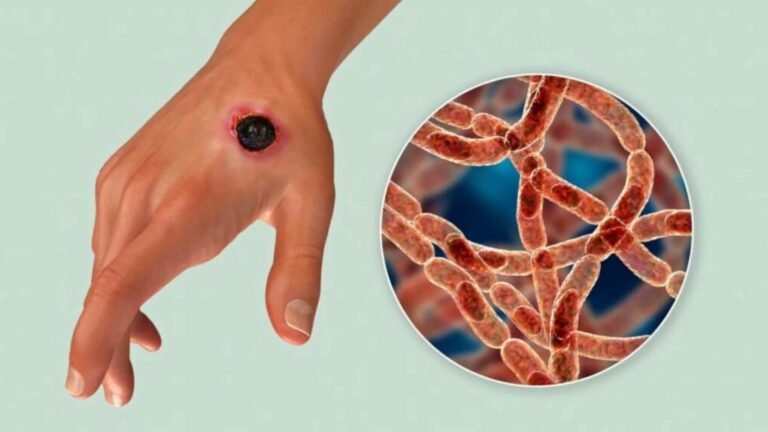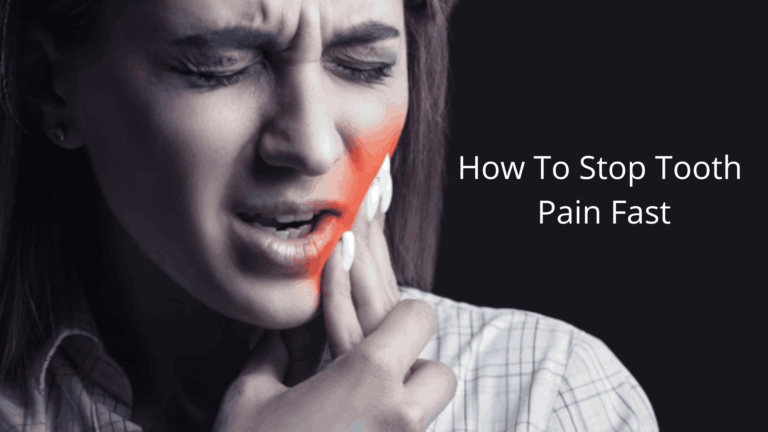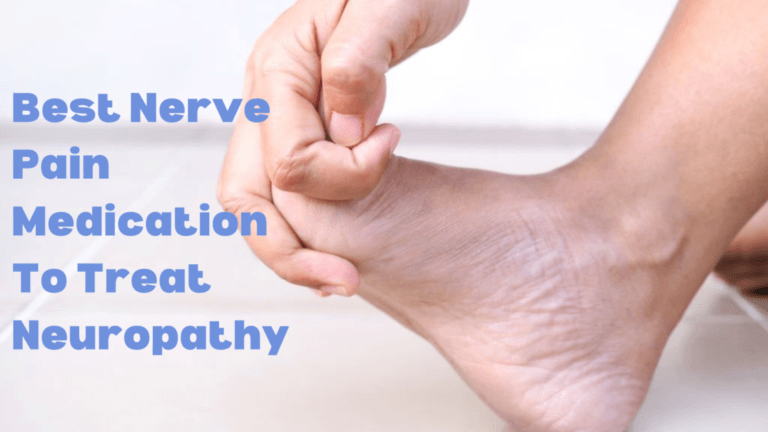Overcoming Post Tooth-Extraction Discomfort: A Comprehensive Guide to Relief

The process of tooth extraction, while often necessary for maintaining optimal oral health, can leave patients grappling with varying degrees of discomfort and pain. From throbbing sensations to swelling and even radiating aches, the aftermath of this dental procedure can be a challenging experience. However, with the right strategies and proactive measures, individuals can find effective ways to alleviate their discomfort and facilitate a smooth recovery process.
Understanding the Root Cause of Post-Extraction Pain
Before delving into the various relief methods, it is essential to understand the underlying causes of pain after tooth extraction. The primary source of discomfort stems from the trauma inflicted on the surrounding gum and bone tissues during the extraction process. As the body’s natural healing mechanisms kick into gear, inflammation and swelling can occur, leading to tenderness and aching sensations.
Additionally, the extraction site may experience nerve irritation or exposure, contributing to sharp, shooting pains or a dull, throbbing sensation. In some cases, how to relieve ear pain due to toothache can also arise, as the nerves serving the teeth and ears are interconnected, resulting in referred pain.
Effective Pain Management Strategies
Fortunately, there are various proven methods to alleviate the discomfort associated with tooth extractions, allowing patients to navigate the recovery process with greater ease and comfort.
1. Over-the-Counter Medications
One of the most accessible and effective pain relief options is the use of over-the-counter medications, such as ibuprofen or acetaminophen. These anti-inflammatory and analgesic drugs can help reduce swelling, alleviate pain, and promote faster healing. It is crucial to follow the recommended dosages and consult with a healthcare professional if the pain persists or worsens.
2. Cold Therapy
Applying cold compresses or ice packs to the affected area can provide significant relief by constricting blood vessels and reducing inflammation. This method is particularly effective in the first 24 to 48 hours after the extraction when swelling and discomfort are typically at their peak. Patients should wrap the cold pack in a thin towel and apply it to the cheek area for 10 to 20 minutes at a time, several times a day.
3. Saltwater Rinses
Saltwater rinses are a time-honored remedy for promoting healing and alleviating discomfort after dental procedures. The salt solution helps to reduce inflammation, promote clotting, and flush out any debris or bacteria from the extraction site. Patients can create their own saltwater rinse by mixing warm water with a teaspoon of salt and gently swishing it around the affected area for a few minutes before spitting it out.
4. Proper Oral Hygiene
Maintaining excellent oral hygiene is crucial for facilitating the healing process and preventing further complications. Patients should continue to brush and floss their remaining teeth gently, taking care to avoid the extraction site. Additionally, using an antimicrobial mouthwash can help keep the area clean and reduce the risk of infection, which can contribute to increased pain and discomfort.
5. Rest and Elevation
Taking it easy and allowing the body to rest is essential for promoting healing and reducing pain after tooth extraction. Patients should avoid strenuous activities and elevate their heads to minimize swelling and discomfort. Applying a cold compress while resting can further enhance the pain-relieving effects.
6. Dietary Considerations
Choosing the right foods and beverages can play a significant role in managing post-extraction pain. Patients should consume soft, cool, or lukewarm foods and liquids to avoid irritating the extraction site. Avoiding hard, crunchy, or spicy foods can also help prevent further discomfort and promote healing.
Addressing Specific Pain Concerns
In addition to the general pain relief strategies, there are specific measures that can be taken to address common discomfort issues that may arise after a tooth extraction.
How to Relieve Ear Pain Due to Toothache
As mentioned earlier, ear pain can be a common side effect of tooth extractions due to the proximity of the nerves serving the teeth and ears. To alleviate this discomfort, patients can try applying a warm compress to the affected ear or using over-the-counter ear drops designed for pain relief. If the pain persists or worsens, it is advisable to consult with a dental professional to rule out any potential complications or infections.
Managing Jaw Stiffness and Discomfort
Jaw stiffness and discomfort can occur after a tooth extraction, particularly if the procedure is extensive or involves the removal of wisdom teeth. To alleviate this issue, patients can gently massage the jaw muscles, apply warm compresses, and perform gentle jaw-opening exercises. Over-the-counter anti-inflammatory medications can also help reduce inflammation and relieve associated discomfort.
Seeking Professional Guidance
While most post-extraction pain and discomfort can be managed with the aforementioned strategies, it is essential to seek professional guidance from a dental healthcare provider if the pain becomes severe, persistent, or accompanied by other concerning symptoms.
Severe or worsening pain, excessive bleeding, fever, or signs of infection should be promptly reported to a dental professional. They can evaluate the situation, provide more targeted treatment options, and rule out any potential complications that may require additional intervention.
The Road to Recovery
Recovering from a tooth extraction can be a challenging journey, but with the right approach and proactive measures, patients can find relief and facilitate a smoother healing process. By combining over-the-counter medications, cold therapy, saltwater rinses, proper oral hygiene, rest, and dietary considerations, individuals can effectively manage their discomfort and promote optimal healing.
Furthermore, addressing specific concerns such as how to relieve ear pain due to toothache and managing jaw stiffness can further enhance overall comfort and well-being during the recovery period.
It is important to remember that every individual’s experience may vary, and patience and perseverance are key to overcoming the temporary discomfort associated with tooth extractions. By closely following the guidance of dental professionals and actively participating in the recovery process, patients can navigate this journey with greater ease and confidence, ultimately regaining optimal oral health and comfort.
Carol Harper
View All By Carol






